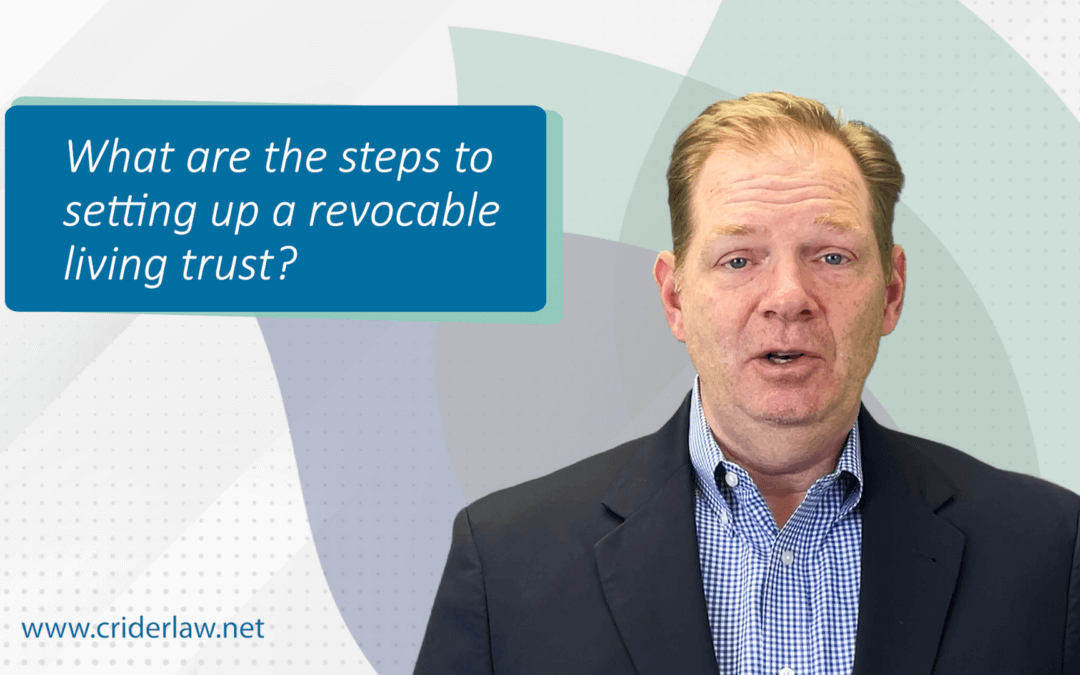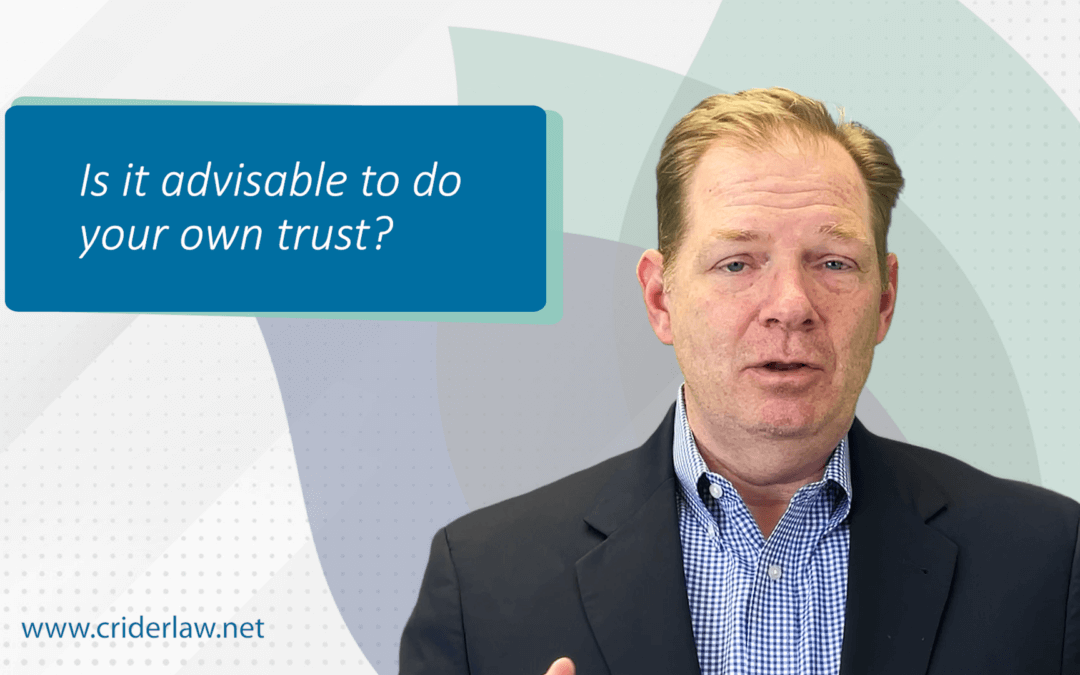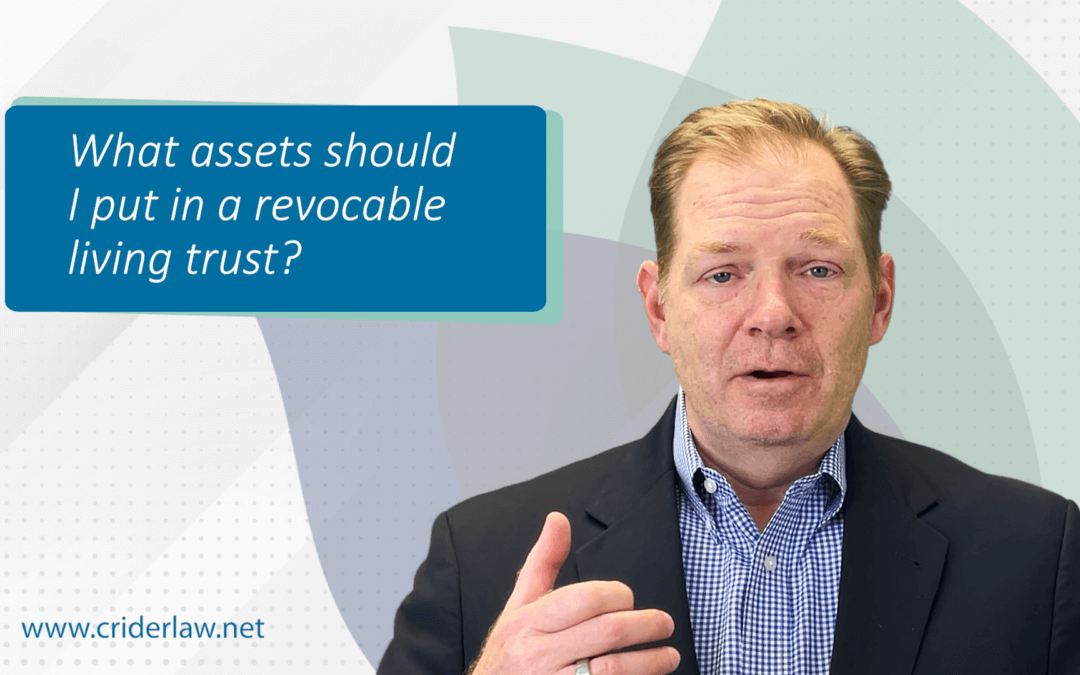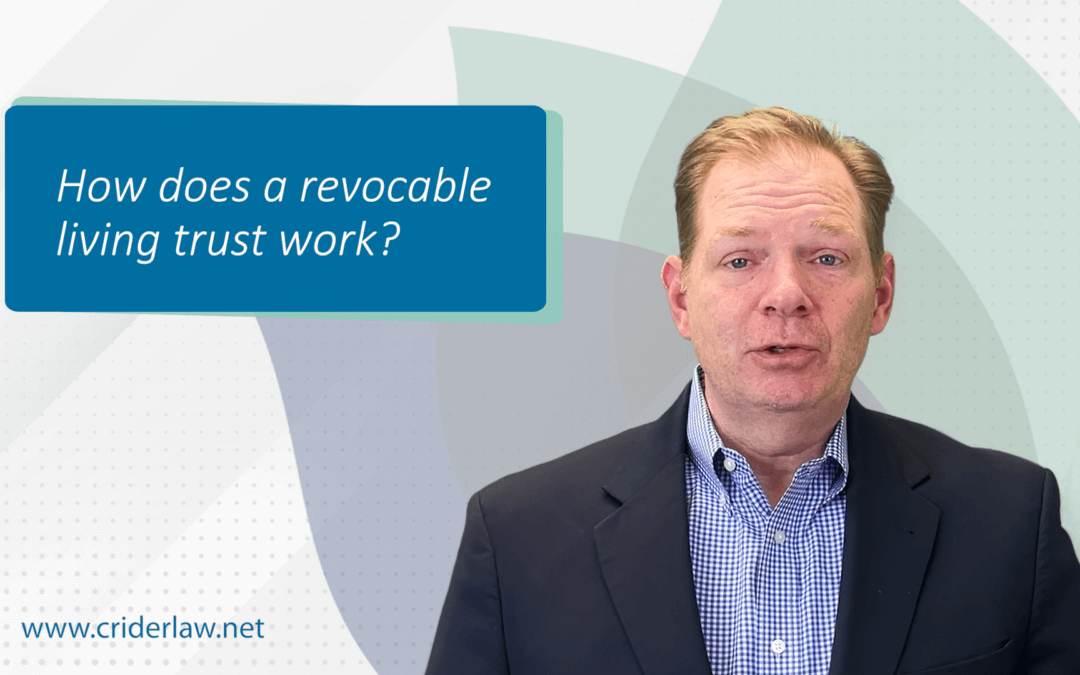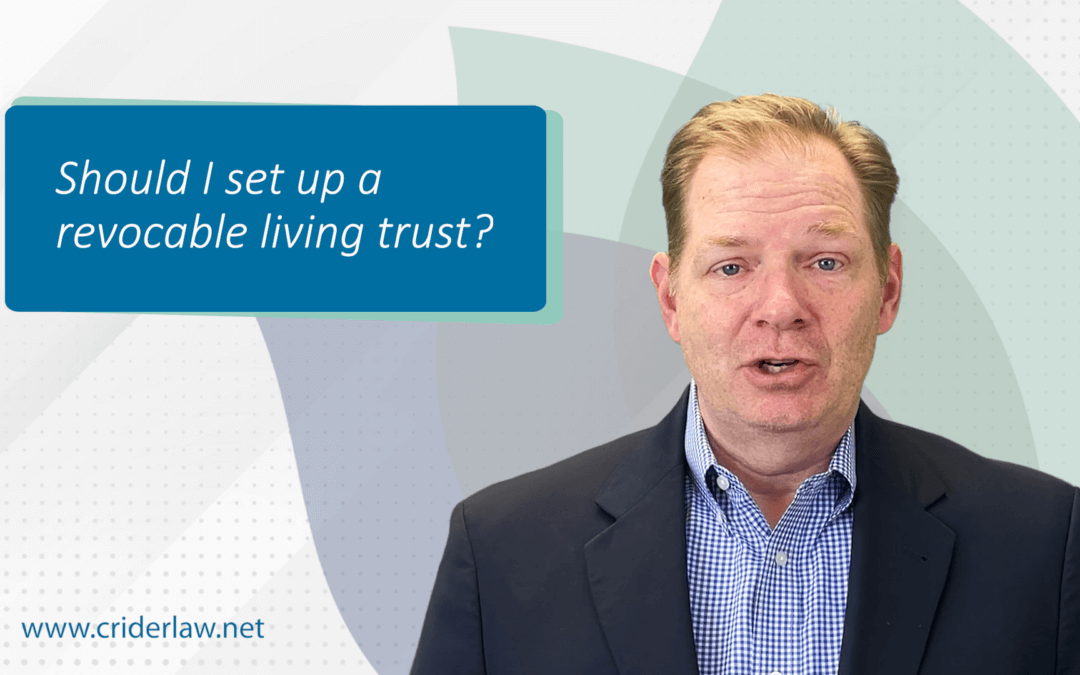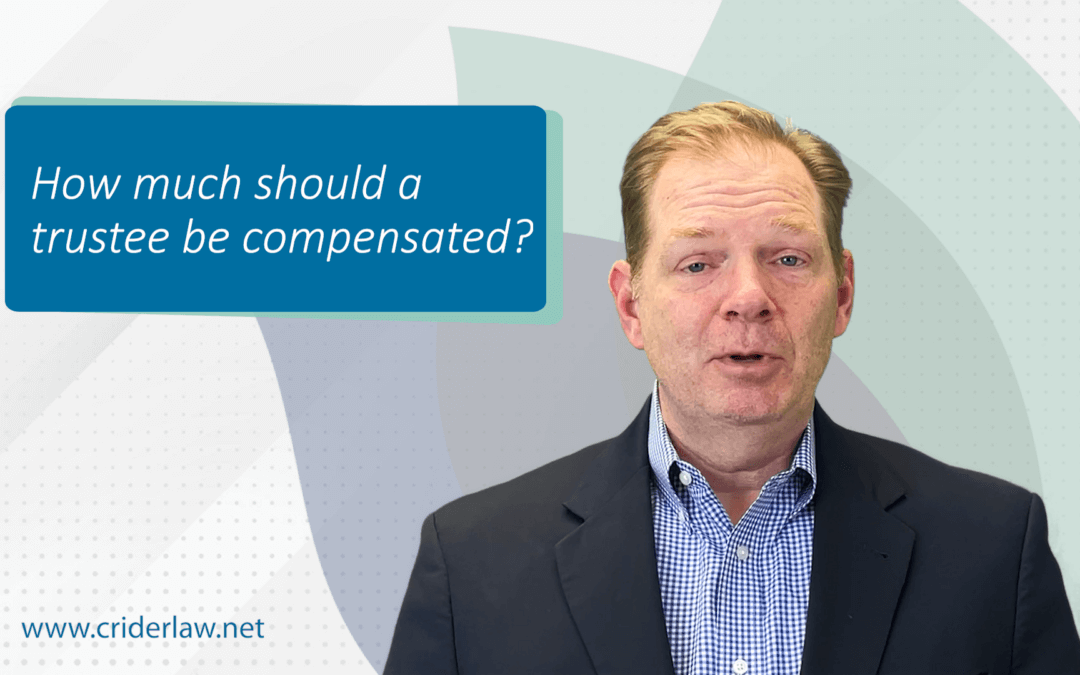
How much should a successor trustee be compensated?
Now, the law states that a trustee is entitled to reasonable compensation. What reasonable is varies based upon a number of factors having to do with the proposed trustee’s skill level and also the complexity of the trust.
A lot of times the trustee will be paid an hourly rate if the trustee doesn’t have any specific skill or training in the area of finances or trust administration. Typically that hourly rate will range from $25 an hour up to $75 an hour.
If the trustee is a professional, such as a CPA, an enrolled agent, a bookkeeper, an attorney, or even a private professional fiduciary, typically one of those professionals will charge his or her hourly rate.
Now, one other question that people ask is, should they list a specific compensation in the trust? So, for example, should they list a specifically hourly rate in the trust? And I advise not to do that in most cases. The reason that I advise not to do that is because a lot of times people will create their trust and then they might not touch it for many, many years.
We typically try to reach out to our clients once every three years to have a review meeting, but clients, for one reason or the other, will choose not to come into the office, and it might be 5, 10 or even 20 years before a client will meet with us. Now, what happens to the time value of money? Over time, it gets eroded by inflation. And so if you list a specific dollar amount, such as $10 an hour or $25 an hour today, in 15 or 20 years from now, that much money won’t be worth a lot.
If you have any questions about the role of a successor trustee, please click the link below and we’d be happy to schedule a time to talk with you. I’m Matthew Crider, and thank you for watching.

